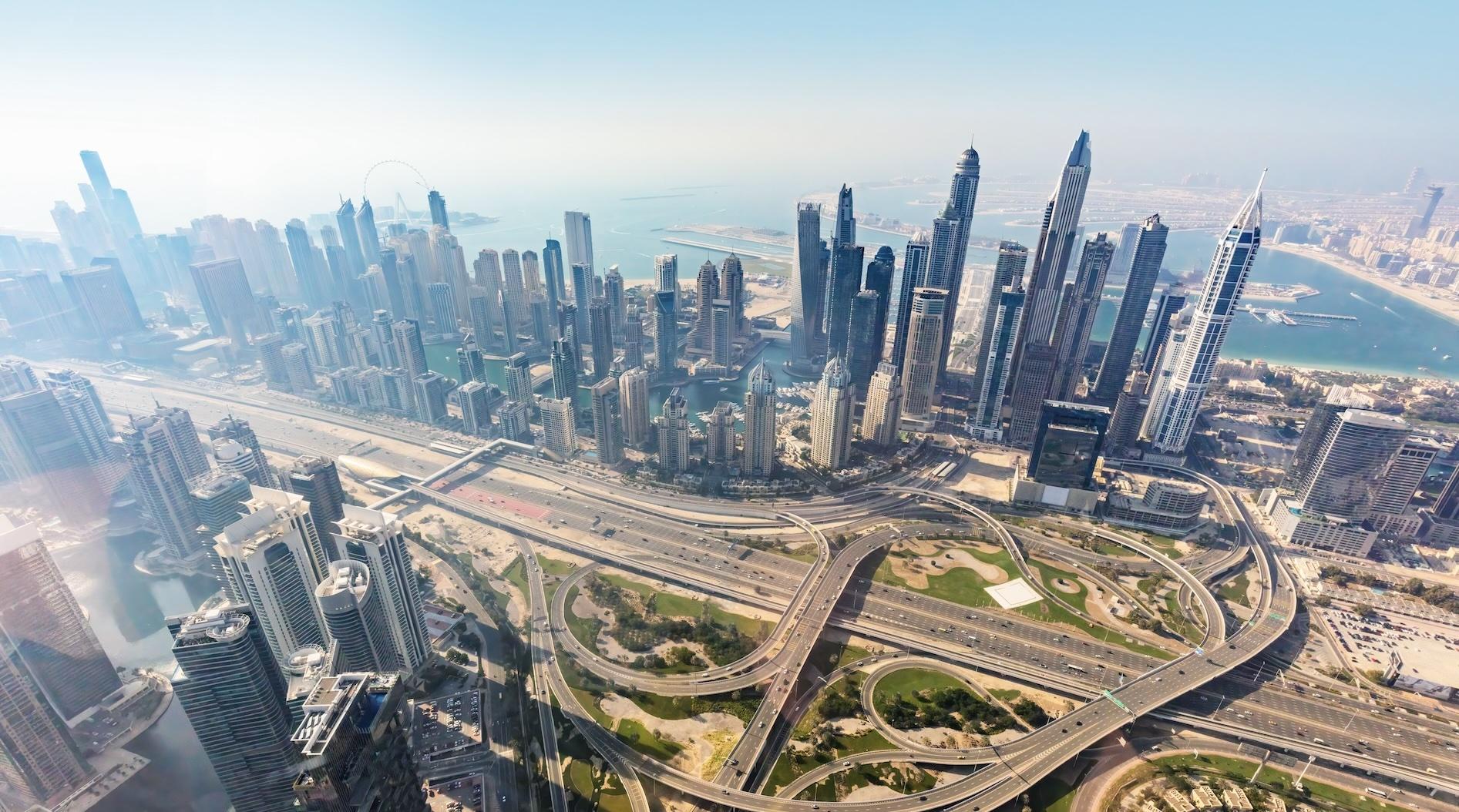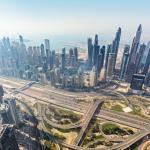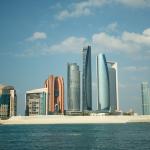
The United Arab Emirates (UAE) real estate market is a dynamic and rapidly evolving sector that has garnered global attention for its remarkable growth and innovative developments. Known for its iconic skyscrapers, luxurious residential communities, and ambitious infrastructure projects, the UAE offers a unique blend of opportunities and challenges for investors, developers, and residents.
Key Markets and Developments
The UAE's real estate market is primarily driven by its two major emirates: Dubai and Abu Dhabi. Dubai, with its cosmopolitan lifestyle and world-class amenities, is a hub for international investors. Notable projects such as the Burj Khalifa, Palm Jumeirah, and the upcoming Dubai Creek Tower reflect the emirate’s penchant for grandeur and architectural innovation. In contrast, Abu Dhabi, the capital city, is known for its more measured and sustainable approach, with significant projects like Saadiyat Island and Al Reem Island offering a mix of cultural, residential, and commercial spaces.
Market Trends and Dynamics
Recent years have seen the UAE real estate market recovering from the impacts of the COVID-19 pandemic, with increasing demand for residential properties driven by government initiatives, visa reforms, and a growing expatriate population. The introduction of long-term visas for investors and professionals has provided a significant boost to market confidence.
Additionally, the UAE's focus on sustainability and smart city initiatives is shaping the future of real estate. Developments like Masdar City in Abu Dhabi and Dubai's Sustainable City are leading the way in eco-friendly and technologically advanced living environments.
Investment Opportunities and Challenges
The UAE offers a plethora of investment opportunities, from luxury villas and high-rise apartments to commercial spaces and mixed-use developments. The real estate sector benefits from a transparent regulatory framework, tax-free environment, and strategic geographic location, making it attractive to both regional and international investors.
However, the market is not without its challenges. Fluctuations in oil prices, global economic conditions, and an oversupply of properties in certain segments can impact market stability. Investors are advised to conduct thorough due diligence and consider long-term trends and governmental policies when making investment decisions.
Conclusion
The UAE real estate market continues to be a beacon of innovation and growth in the Middle East. With its visionary projects, investor-friendly policies, and commitment to sustainable development, the UAE remains a top destination for real estate investment. As the market evolves, staying informed about emerging trends and regulatory changes will be crucial for maximizing opportunities in this vibrant sector.
 Overview of the United Arab Emirates Real Estate Market
Overview of the United Arab Emirates Real Estate Market
 Exploring the United Arab Emirates: A Blend of Tradition and Modernity
Exploring the United Arab Emirates: A Blend of Tradition and Modernity